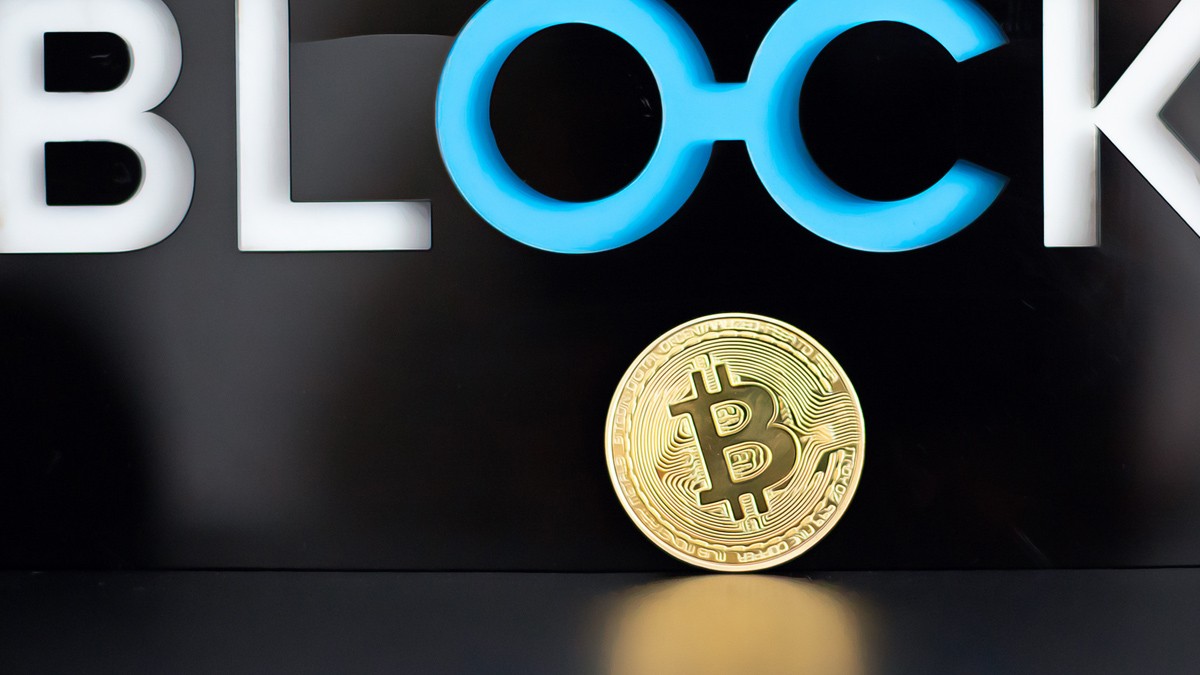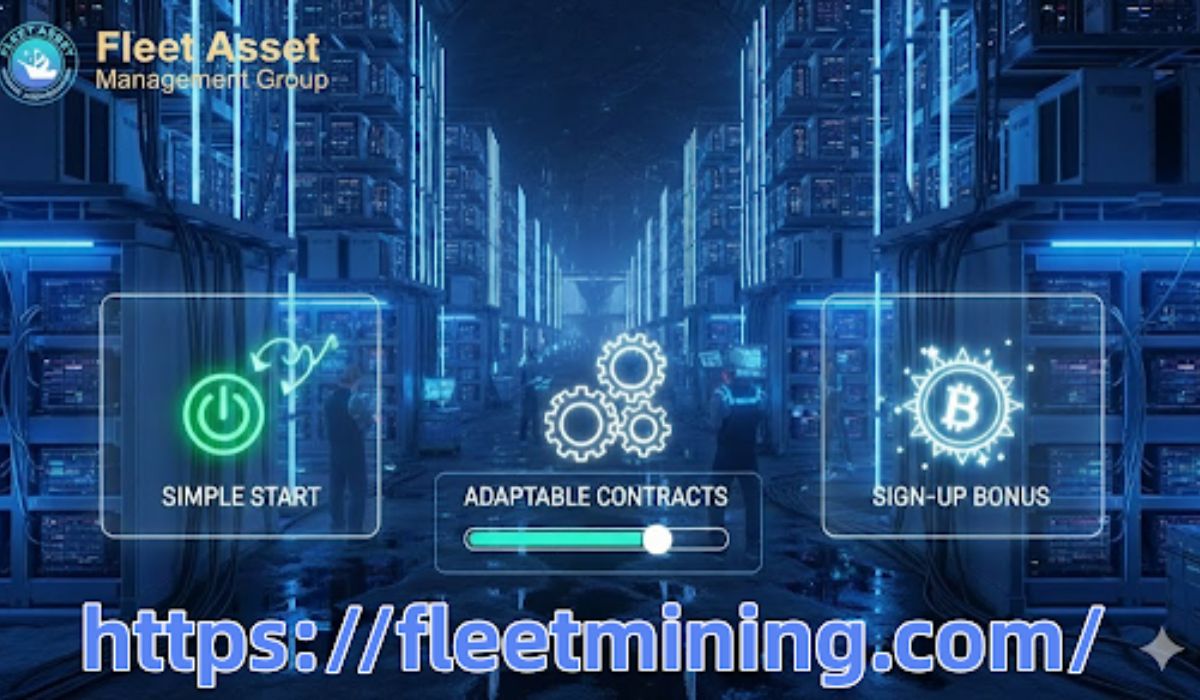KEY TAKEAWAYS
- Solana is set to upgrade its consensus mechanism with Alpenglow, developed by Anza, to enhance speed, efficiency, and resilience.
- Alpenglow introduces Votor and Rotor components, reducing latency and operational costs by minimizing communication rounds.
- The upgrade, approved by 98.27% in a governance vote, is expected to roll out on testnet in late 2025 and mainnet in early 2026.
Solana, known for its high-speed performance and low transaction costs, is set to introduce a significant upgrade to its consensus mechanism with Alpenglow. Developed by Anza, a Solana-focused engineering team spun out from Solana Labs, Alpenglow aims to improve the speed, efficiency, and resilience of the network. This upgrade is detailed in a recent white paper, which outlines how Alpenglow will enhance Solana’s consensus process.
Consensus in blockchain refers to the process by which all nodes agree on the same state of transactions. Solana’s current system relies on a combination of Proof of History (PoH) and Tower BFT, a Byzantine Fault Tolerance mechanism. While effective, this system requires constant validator voting, leading to network overhead and slower deterministic finality. Alpenglow addresses these challenges by introducing a simplified, high-performance consensus layer that can reach finality in as little as one voting round.
How Alpenglow Enhances Solana’s Consensus
The Alpenglow upgrade is built around two core components: Votor and Rotor. Votor manages block voting and finalization, while Rotor handles data propagation across the network. This new protocol reduces latency and operational costs by minimizing the number of communication rounds needed for consensus. Votor can finalize a block in a single round if at least 80% of the total stake participates. If fewer validators respond, a parallel two-round process is activated, ensuring quick finalization even under network disruptions.
Rotor uses erasure coding to distribute block data efficiently among validators, with each validator contributing bandwidth proportional to its stake. This approach ensures efficient use of network capacity, resulting in lower latency and higher throughput, even under heavy network load.
Alpenglow’s Impact on Solana’s Future
Alpenglow introduces a new resilience model known as 20 + 20, enhancing reliability during validator outages, network congestion, or regional disruptions. The proposal, known as SIMD-0326, received overwhelming approval in a governance vote, with 98.27% in favor. The implementation is progressing towards a testnet rollout in late 2025 and mainnet deployment in early 2026.
This upgrade positions Solana among the most advanced proof-of-stake blockchains, ready to support high-performance applications such as DeFi protocols, games, and real-time data networks. More insights on Alpenglow and its implications for the blockchain industry can be found here.
Why This Matters: Impact, Industry Trends & Expert Insights
Solana’s Alpenglow upgrade represents a significant enhancement to its consensus mechanism, aiming to improve speed, efficiency, and network resilience.
Recent industry reports indicate that the Alpenglow upgrade is a major overhaul of Solana’s network, drastically reducing transaction finality times and lowering validator costs. This aligns with Solana’s goal to support high-performance applications such as DeFi protocols, games, and real-time data networks, positioning it as a competitive blockchain infrastructure.
As per insights from Marinade Finance CEO Michael Repetny, the Alpenglow upgrade significantly reduces transaction finality and validator operating costs, enhancing Solana’s competitiveness in real-time financial markets. This supports Solana’s strategic positioning for sustained institutional adoption and ecosystem growth in the coming years.
Explore More News:
- Monad Blockchain to Integrate USDC ($1.00) and Circle Developer Services
- Binance Joins Cybercrime Atlas to Combat Global Cybercrime
- YOM Announces December 9th Token Generation Event on Avalanche
The post Solana’s Alpenglow Upgrade: Enhancing Speed and Resilience in Blockchain Consensus appeared first on CoinsHolder.























 24h Most Popular
24h Most Popular





 Utilities
Utilities